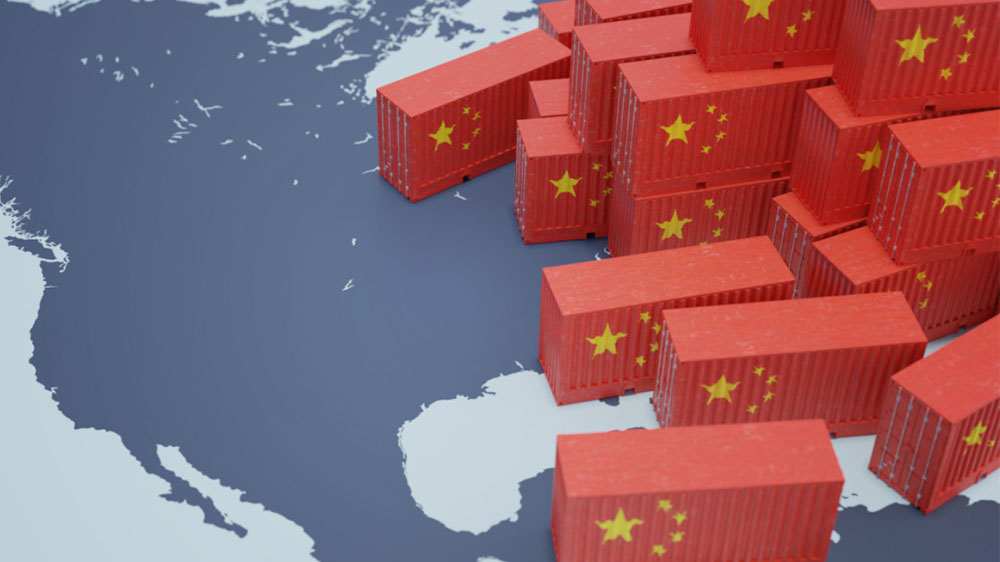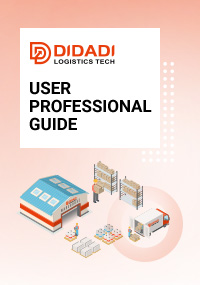Finding Suppliers in China: A Comprehensive Guide

China has long been recognized as the global hub for manufacturing and sourcing products. Whether you’re a small business owner, a large corporation, or an entrepreneur looking to launch a new product, finding reliable suppliers in China can be a game-changer for your business.
This comprehensive guide will walk you through the essential steps to successfully find suppliers in China and establish a fruitful business relationship.
Before you begin your quest to find suppliers in China, it’s crucial to have a clear understanding of your product and sourcing requirements. This includes defining product specifications, quality standards, quantity, and budget constraints. The more detailed your requirements, the easier it will be to find the right suppliers who can meet your needs.
Using online directories
Online directories are websites that list thousands of verified suppliers from China and other countries. They allow you to search and filter by product category, location, certification, rating, and more. Some of the most reputable online directories are Alibaba.com, Global Sources, HKTDC Sourcing, and Made-in-China.com. Using online directories can help you find a large selection of suppliers, compare their prices and services, and contact them easily.
Attending trade shows
Trade shows are events where suppliers and buyers meet face to face to showcase and exchange products and services. They are usually held in major cities around the world, such as Hong Kong, Shanghai, Guangzhou, etc. Some of the most famous trade shows in China are Canton Fair, Global Sources Trade Show, China International Import Expo, etc. Attending trade shows can help you see and touch the products in person, negotiate directly with the suppliers, and build trust and rapport.
Seeking recommendations
Once you’ve identified potential suppliers, it’s essential to verify their credentials. Look for the following:
Business License:Ensure the supplier has a valid business license and is a legally registered company in China.
Factory Visits:Whenever possible, visit the supplier’s factory to assess their manufacturing capabilities, quality control procedures, and working conditions.
Quality Certifications:Check if the supplier holds relevant quality certifications, such as ISO 9001, ISO 14001, or other industry-specific standards.
Effective communication with your potential suppliers is crucial. It’s important to be clear and specific about your requirements, expectations, and timelines. Additionally:
Language Barrier:English is not the primary language in many Chinese companies, so having a reliable translator or using translation tools can be extremely helpful.
Negotiation:Be prepared to negotiate pricing, terms, and lead times. Don’t forget to discuss payment terms and shipping arrangements.
You should use contracts and non-disclosure agreements (NDAs) with your Chinese suppliers to define your IP ownership, confidentiality, and enforcement terms. You should also make sure that your contracts and NDAs are written in both English and Chinese, and are governed by Chinese law and jurisdiction.
Register your trademarks, patents, and copyrights in China to strengthen your legal protection.
Work with suppliers who are willing to adhere to your intellectual property protection requirements.
Hire third-party inspection companies to conduct quality checks at various stages of production.
Implement strict quality standards and guidelines that the supplier must adhere to.
Communicate your expectations for quality and reject products that do not meet your specifications.
Shipping and logistics are important factors to consider when finding suppliers in China. Here are some tips to help you with this aspect of sourcing:
Choose a supplier that is located near a major port or airport, as this will reduce the transportation time and cost of your goods. For example, if you are importing electronics, you may want to find a supplier in Shenzhen, which is close to Hong Kong and has a large international airport and seaport.
Compare the shipping options and rates offered by different suppliers and couriers. You can also ask your supplier to provide you with a shipping invoice or a proforma invoice that includes the shipping cost and other fees.
Consider the customs clearance and import duties that may apply to your goods. You should also prepare the necessary documents and certificates for customs clearance, such as the commercial invoice, packing list, bill of lading, certificate of origin, etc.
Choose a reliable logistics partner that can handle your shipment from China to your destination while offering end-to-end solutions for your shipping needs.
Recommended Reading















